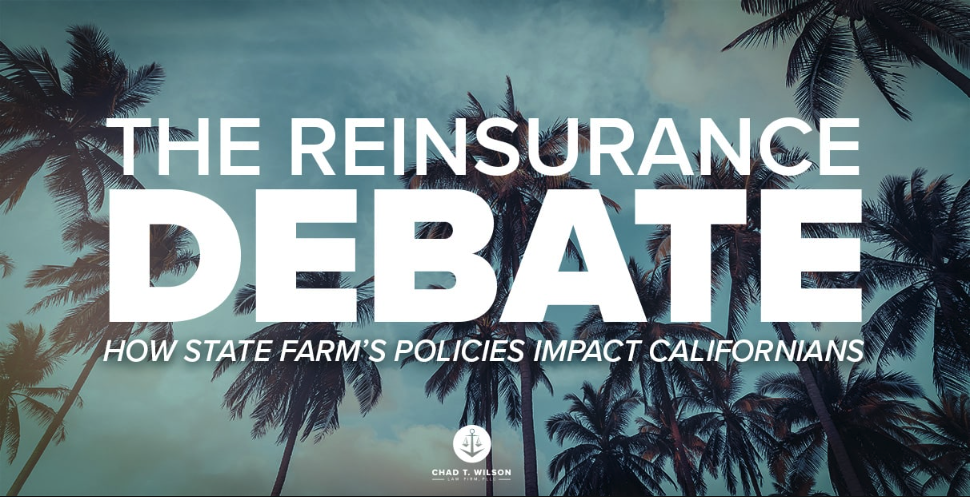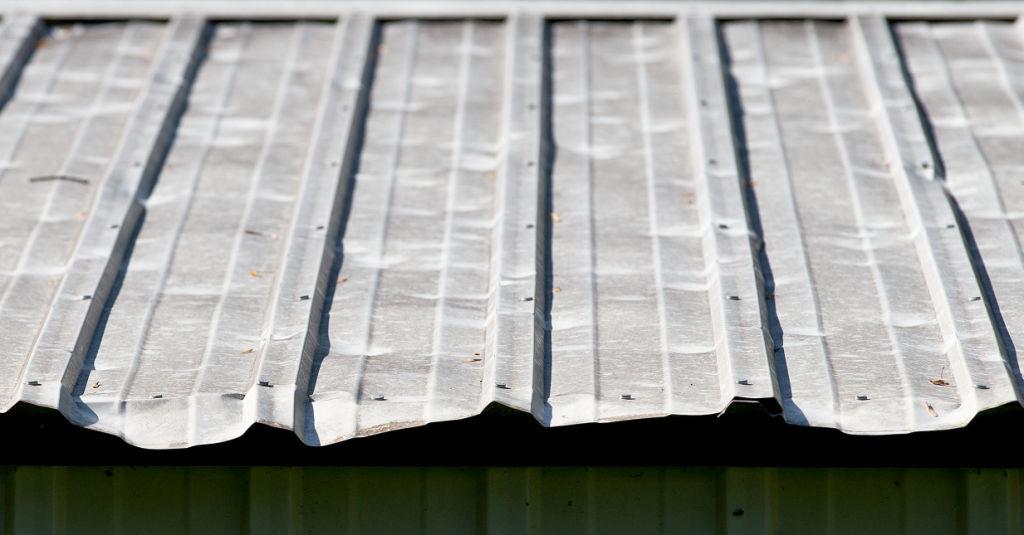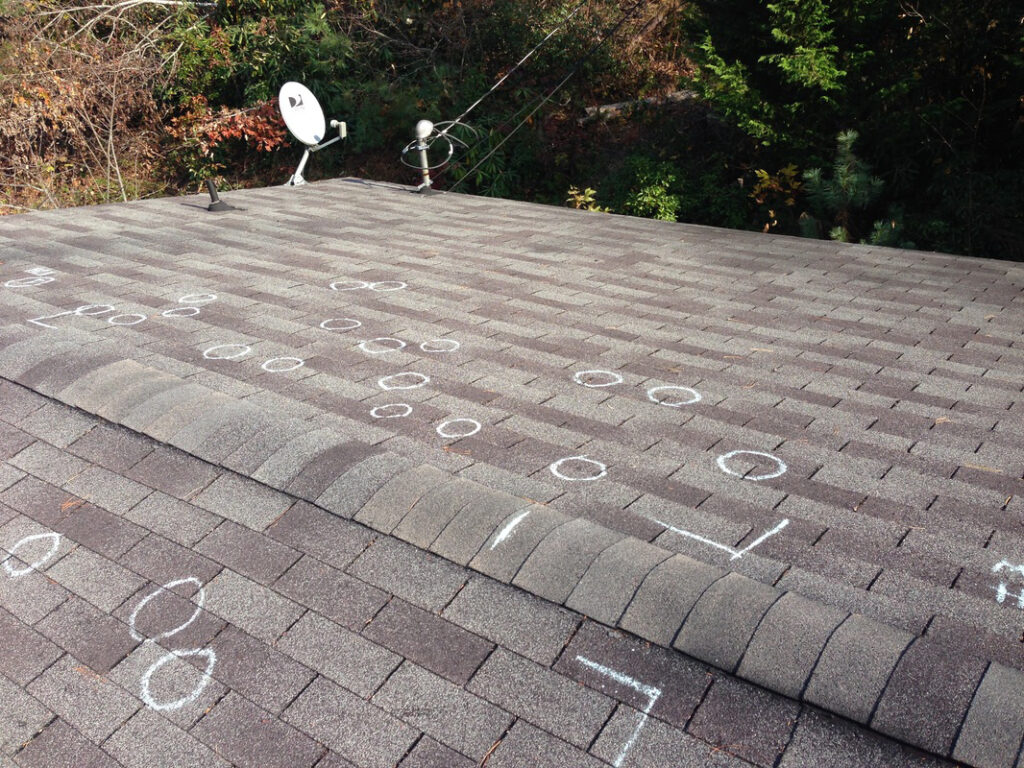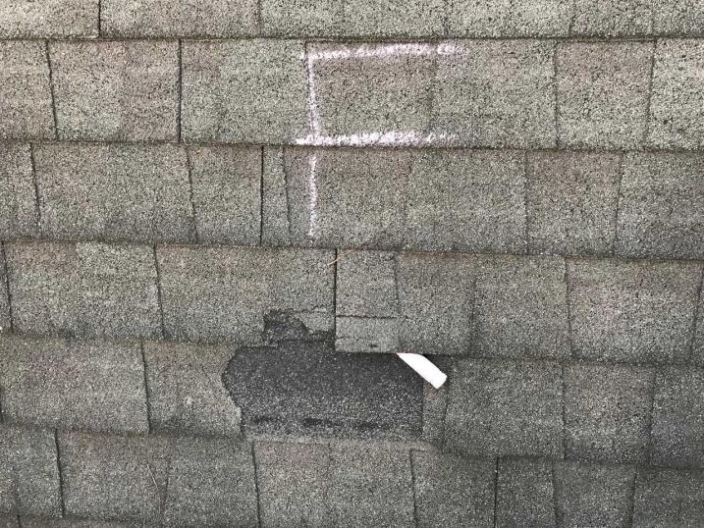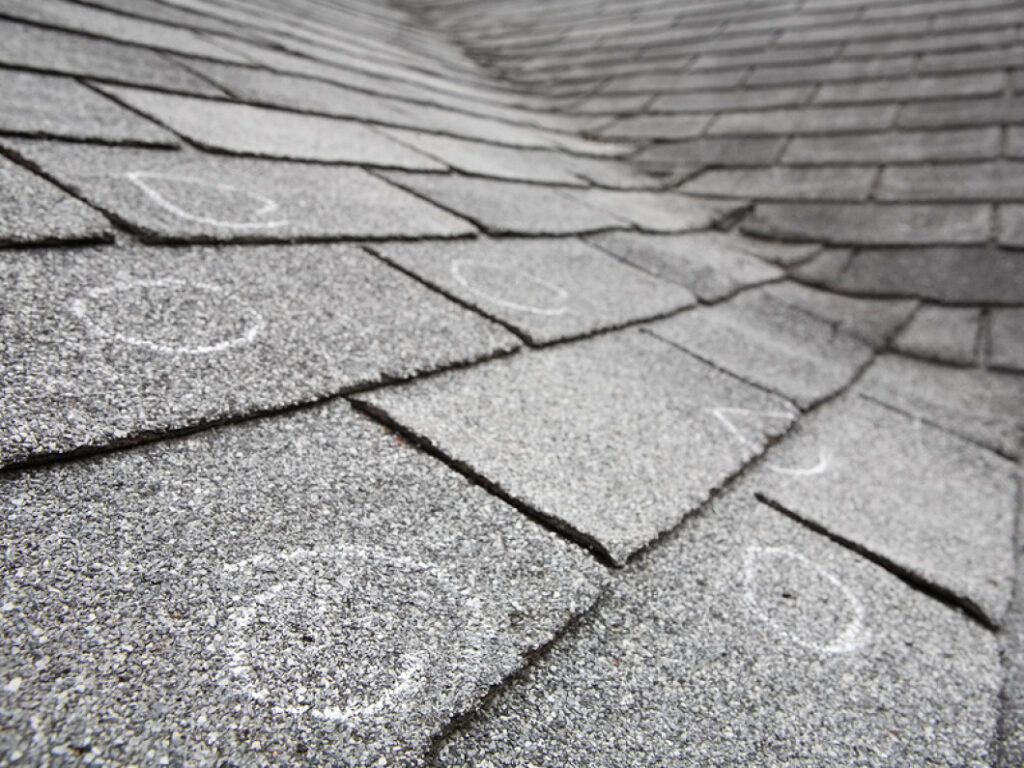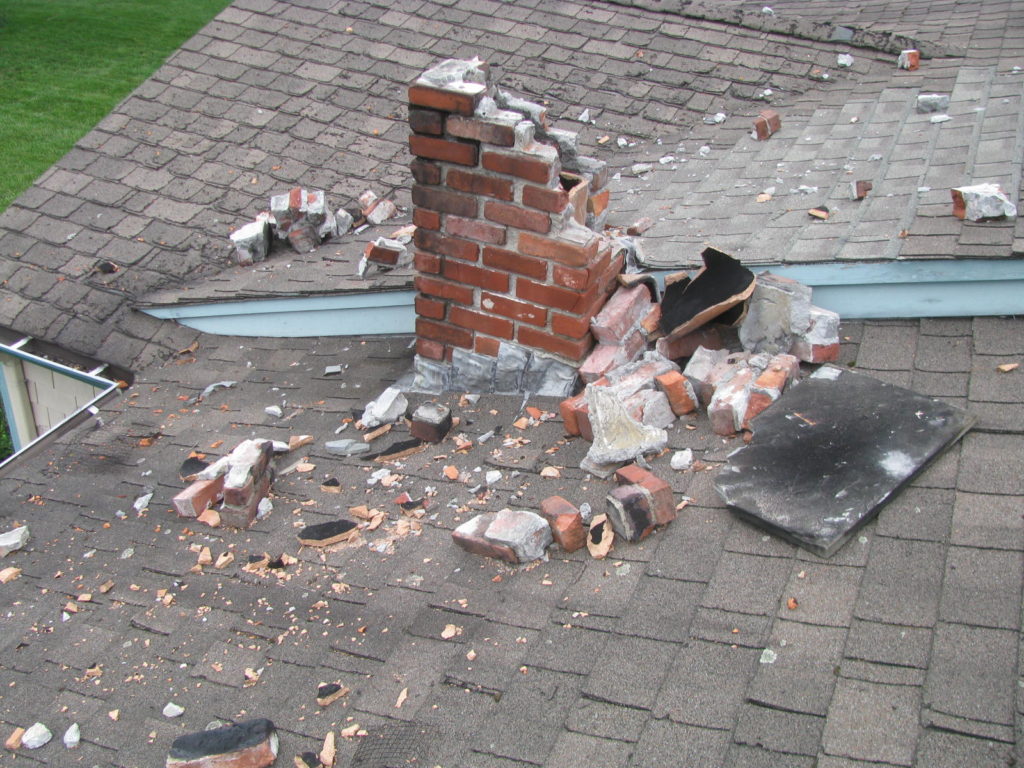Appellate Victory over State Farm
At the Chad T. Wilson Law Firm, we fight for policyholders—and we win. In a pivotal case, we secured a significant victory against State Farm Lloyds, ensuring justice for our client, Alice Ladkin, an 85-year-old widow who simply wanted her rightful insurance benefits. The Second Court of Appeals of Texas ruled in favor of Ms. Ladkin, affirming that insurance companies must uphold their obligations to policyholders.
The Case Background
In July 2019, Ms. Ladkin filed a claim with State Farm Lloyds after a storm caused wind and hail damage to her home, leading to water leaks in her living-room ceiling. Instead of honoring the claim, State Farm disputed the extent of the damage, asserting that the cost of repairs fell below the deductible. Even after an independent appraisal confirmed that a full roof replacement was necessary, State Farm still refused to pay, citing preexisting conditions.
The Legal Battle
Our legal team presented compelling evidence that State Farm failed to conduct a thorough investigation and acted in bad faith by refusing a legitimate claim. The jury sided with Ms. Ladkin, issuing a strong verdict:
-
$40,000 in actual damages for home repairs.
-
$35,000 in treble damages under the Texas Deceptive Trade Practices Act (DTPA) for State Farm’s unfair treatment.
-
Attorney’s fees to ensure Ms. Ladkin wasn’t burdened with legal costs for fighting a rightful claim.
State Farm’s Appeal & The Court’s Ruling
State Farm attempted to overturn the verdict, employing several arguments in an attempt to reduce its liability. Among their primary claims, they contended that Ms. Ladkin should not recover damages exceeding the appraisal award, and they argued that the evidence presented did not justify the treble damages awarded. Additionally, they challenged the trial court’s exclusion of certain expert testimony, asserting that it would have bolstered their position. Finally, they claimed that the appellate attorney’s fees granted to Ms. Ladkin’s legal team were excessive.
Despite their efforts, the Second Court of Appeals found that most of these arguments lacked merit. The court upheld the jury’s findings regarding actual and treble damages, reaffirming that the insurer’s bad faith conduct warranted the significant financial penalties. The only aspect of the ruling that required further review pertained to the appellate attorney’s fees, which were remanded for further proceedings. The core takeaway? State Farm could not escape accountability for its failure to honor a valid claim.
This ruling reinforces a vital principle: insurers who engage in bad faith tactics cannot expect to evade justice through legal maneuvers. This case sets a clear precedent that insurance companies must be held accountable when they attempt to shirk their obligations to policyholders.
Why This Win Matters
This victory extends far beyond one policyholder—it’s a crucial win for all homeowners and business owners who rely on their insurance policies to protect them in times of crisis. Far too often, insurers deploy delay tactics, underpay claims, or outright deny coverage, leaving vulnerable homeowners to bear the financial burden alone. This case shines a light on those practices and underscores the importance of holding insurers accountable.
The implications of this decision are profound. First, it reassures policyholders that they have the right to challenge unfair claim denials. Many homeowners assume they have no recourse when an insurer disputes their claim, but this case proves otherwise. When policyholders stand up for their rights—and have a legal team committed to their fight—they can prevail against even the largest insurance providers.
Furthermore, this ruling puts insurance companies on notice. They cannot simply deny claims in bad faith, hoping policyholders will accept their decision without contest. When they refuse to conduct fair investigations or attempt to shift the burden onto homeowners, they risk severe legal and financial consequences.
For homeowners, this means greater confidence in pursuing claims when they are wronged. It reminds them that insurance policies are contracts, and those contracts must be honored. This ruling empowers individuals to push back against unfair practices and seek the compensation they are rightfully owed.
At Chad T. Wilson Law Firm, we remain dedicated to advocating for policyholders. This victory is a testament to our commitment to ensuring justice prevails, and we will continue to stand up against bad faith insurance practices to protect homeowners and business owners alike.
Is Your Insurance Company Giving You the Runaround? Let’s Talk.
If you’re facing unjust claim denials or delays, don’t settle for less. Contact us today for expert legal representation.
Call us today to schedule your free consultation.

